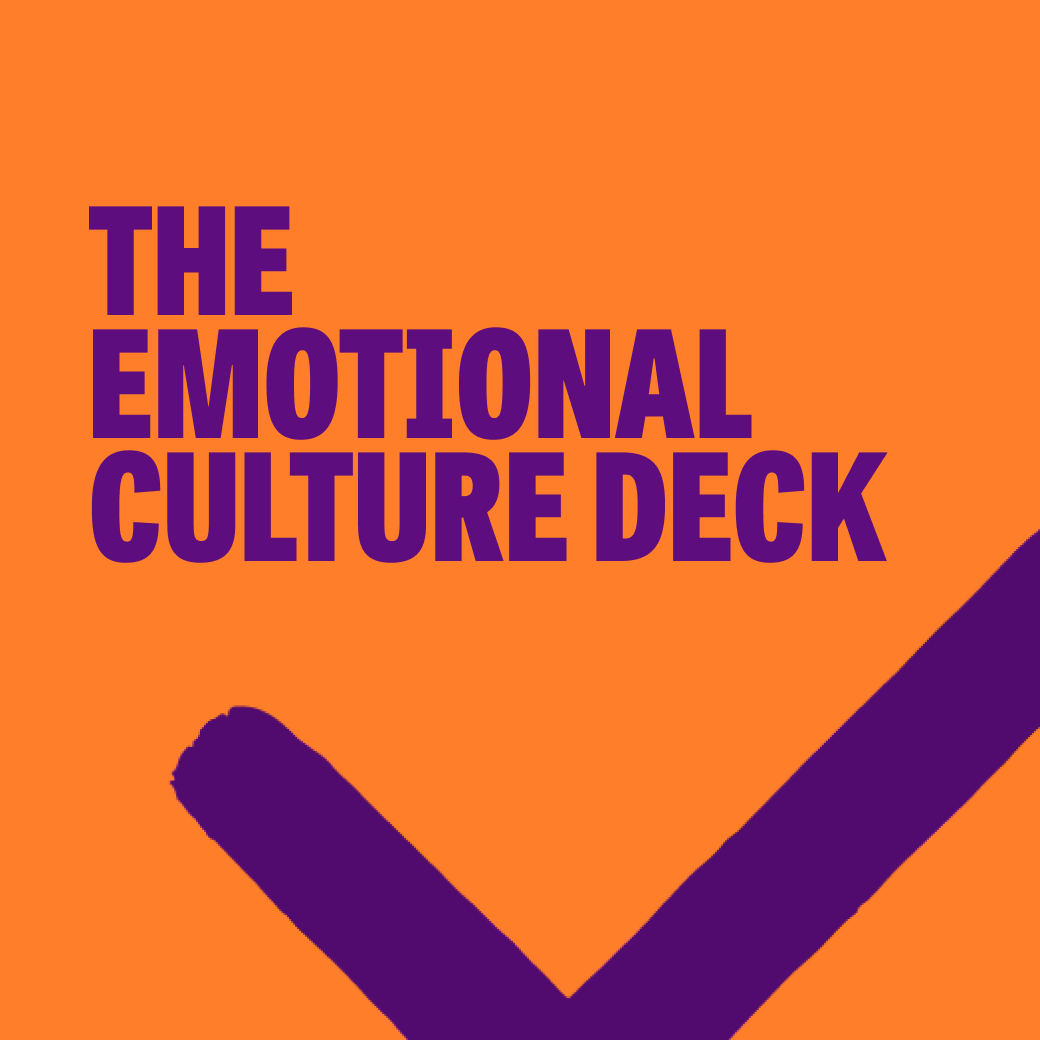Emotional Culture Deck – Workshop
Let's Talk Talent
Emotional Culture Deck - Workshop

Attendees will gain tools to build trust, empathy, and emotional connection in teams.
– Engage teams in open, structured discussions about workplace emotions
– Use a gamified card tool to identify desired and undesired feelings
– Enhance emotional intelligence to improve team cohesion and collaboration
– Build a shared language and accountability for emotional culture
– Foster a people-first culture driving engagement and well-being
– Half-day (4 hours) in-person interactive session
Who it’s for: Leaders and teams seeking to improve emotional culture and team dynamics.
Price: Starting from £1,650 + VAT for up to 12 people and delivered in person.

Overview
Build trust, empathy, and emotional connection in your teams with Let’s Talk Talent’s innovative Emotional Culture Deck workshop.
This highly interactive session uses a unique gamified card tool to help teams engage in open, structured discussions about workplace emotions.
Participants will identify desired and undesired feelings, enhance their emotional intelligence, and develop a shared language for emotional culture that drives engagement and wellbeing.
Key Topics Covered
- Engaging teams in open, structured discussions about workplace emotions
- Using gamified card tools to identify desired and undesired feelings in the workplace
- Enhancing emotional intelligence to improve team cohesion and collaboration
- Building a shared language and accountability for emotional culture
- Fostering a people-first culture that drives engagement and wellbeing
Learning Outcomes
By the end of the workshop, participants will be able to:
- Demonstrate improved emotional intelligence and awareness
- Use structured tools to discuss emotions openly within their teams
- Identify and articulate desired emotional cultures for their workplace
- Create accountability systems for maintaining positive emotional environments
- Apply practical strategies to build trust and empathy in team interactions
Workshop Benefits
- Highly interactive half-day (4 hours) in-person session with gamified learning tools
- Unique card-based methodology that makes emotional discussions accessible
- Shared team experience that builds collective emotional vocabulary
- Practical tools that can be implemented immediately after the session
- Let’s Talk Talent’s expert facilitation ensuring safe, productive conversations
Audience
This workshop is ideal for
- Leaders wanting to improve team emotional culture
- Teams seeking to enhance collaboration and trust
- Organisations looking to build people-first cultures
- HR professionals supporting employee well-being initiatives
- Any team ready to have honest conversations about workplace emotions
Price & Logistics
- Fee: Starting from £1,650 + VAT for up to 12 people
- Delivery: Face-to-face, half-day (4 hours) interactive session
- Group size: Optimised for teams of up to 12 participants
- Location: Delivered at your venue or Let’s Talk Talent’s facilities
- How to book: Complete the ‘Book your workshop’ form on this page
Facilitator Credentials
Delivered by Let’s Talk Talent’s skilled facilitators who specialise in emotional intelligence and team dynamics. Our experts are trained in creating safe spaces for vulnerable conversations and translating emotional insights into practical workplace improvements.
Book your Emotional Culture Deck - Workshop now
Our Clients




